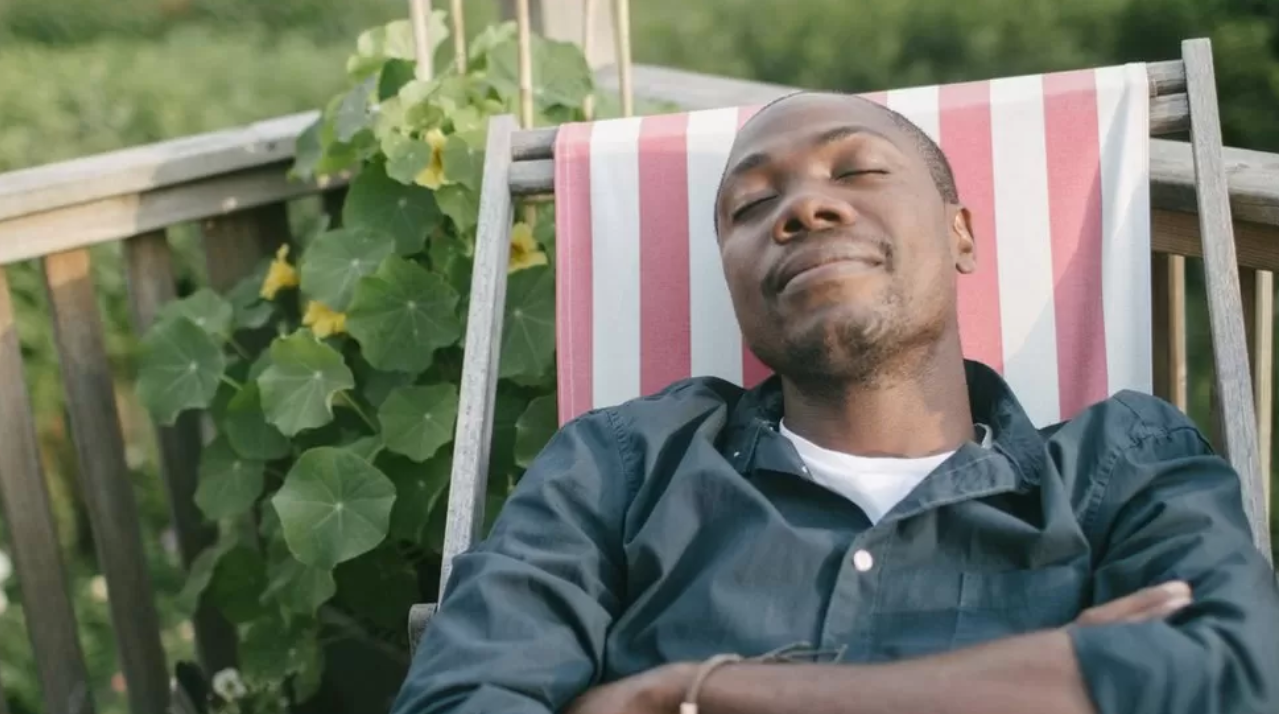
Regularly finding time for a little snooze (小睡) is good for our brain and helps keep it bigger for longer, say University College London researchers. The team showed nappers’ brains were 15 cubic (立方的) centimetres larger — equivalent to delaying ageing by between three and six years. However, the scientists recommend keeping naps to less than half an hour. “We are suggesting that everybody could potentially experience some benefit from napping,” Dr Victoria Garfield told me. She described the findings as “quite novel and quite exciting”.
Napping has been shown to be critical to development when we are babies, but it becomes less common as we age and then goes through a recovery after retirement, with 27% of people over 65 reporting having a daytime nap. Dr Garfield says advice to nap is “something quite easy” to do in comparison to weight loss or exercise which is “difficult for a lot of people”. But many said a daytime sleep was hard in many careers, with work culture often frowning on the practice.
The brain naturally becomes smaller with age, but whether naps could help prevent diseases like Alzheimer’s will still need extra research. Overall brain health is important for protecting against dementia and the condition is linked to disturbed sleep. The researchers suggest poor sleep is damaging the brain over time by causing inflammation (炎症) and affecting the connections between brain cells. “Thus, regular napping could protect against neurodegeneration (神经性疾病) by compensating for insufficient sleep,” researcher Valentina Paz said.
However, Dr Garfield is not about to find a comfortable spot to snooze at work and prefers other ways of looking after her brain. “Honestly, I would rather spend 30 minutes exercising than napping, I’ll probably try and recommend that my mum does it.”
本时文内容由奇速英语国际教育研究院原创编写,未经书面授权,禁止复制和任何商业用途,版权所有,侵权必究!(作者投稿及时文阅读定制请联系微信:18980471698)1.What’s the finding of the research?
A A little snooze makes people younger.
B We should nap for at least thirty minutes.
C Regular napping benefit people’s brain.
D Sleep can delay the aging process.
解析:选C。C细节理解题。根据第一段的“a little snooze is good for our brain”以及“experience some benefit from napping”可知,这项研究是关于定期午睡对大脑有好处。故选C。
2.What does Valentina Paz think is harmful?
A The smaller brain.
B The brain cells.
C The poor sleep.
D The Alzheimer’s.
解析:选C。C细节理解题。根据第三段中的“the condition is linked to disturbed sleep”“The researchers suggest poor sleep is damaging the brain”以及“by compensating for insufficient sleep”可知,Valentina Paz认为糟糕的睡眠对健康有害。故选C。
3.What would Dr Garfield do?
A Take a nap with her mother.
B Exercise to practice the brain.
C Start napping while working.
D Find a comfortable workplace.
解析:选B。B细节理解题。根据最后一段的“I would rather spend 30 minutes exercising than napping”可知,加菲尔德博士宁愿花30分钟锻炼,也不愿花费30分钟小睡。故选B。
4.What do the underlined words “frowning on” probably mean?
A Looking into.
B Disapproving of.
C Concerning about.
D Praising highly of.
解析:选B。B词义猜测题。根据划线部分前文可知,加菲尔德博士认为与减肥或运动相比,小睡是一件很容易做到的事情,然而,许多人表示,在许多工作中,白天睡觉很难实现,因为职场文化往往“不赞成”这种做法。故选B。